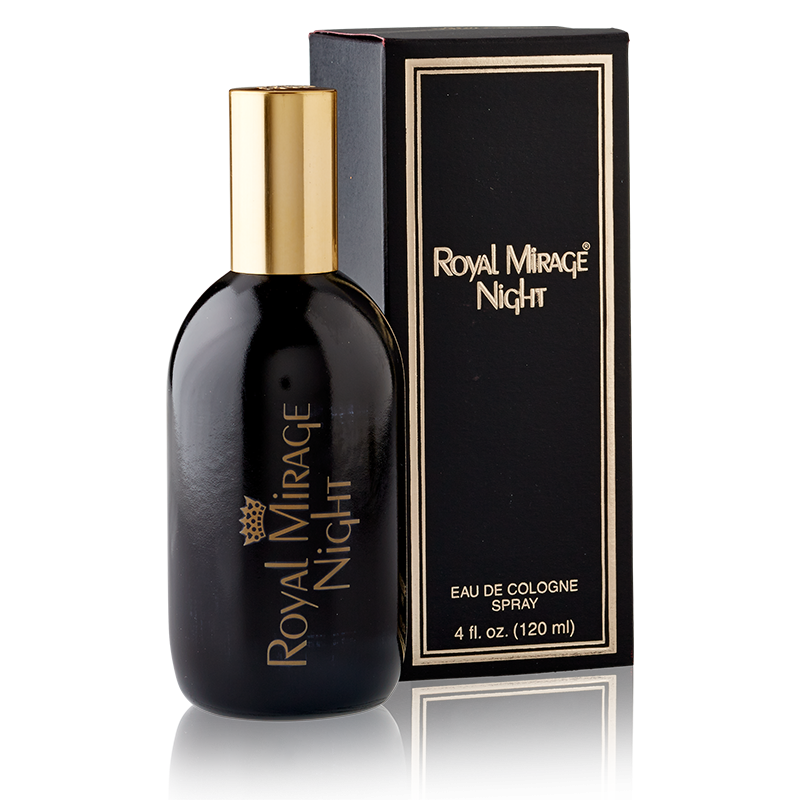We are all subject to getting an illness or two during the course of a year, but sometimes an illness can become a lot more serious than that. Can you tell when an illness will just be an annoying hiccup or when it’ll become a chronic condition?
The line between acute illness vs chronic illness isn’t always clear. Sometimes with the correct care and treatment, chronic illnesses can be mitigated, but other times the damage may be permanent.
Do you want to know what is an acute illness and a chronic illness? Keep reading to find out!
What Is an Acute Illness?
Understanding what is an acute illness is essential for recognizing and responding to sudden health issues. An acute illness refers to a condition that has a rapid onset and a relatively short duration. Common examples of acute illnesses include the flu, common cold, and strep throat.
The severity of the symptoms can be different, but they usually go away as the body fights off the infection. Treating acute illnesses usually focuses on making the person feel better and helping the immune system fight the infection.
What Is a Chronic Illness?
Chronic illness is the opposite of acute illness. Unlike acute illnesses, chronic illnesses last a long time, sometimes for months, years, or even a person’s whole life. They usually develop slowly and don’t have a definite cure. Chronic illnesses can affect different parts of the body, like the heart, lungs, or immune system.
Examples of chronic illnesses include diabetes, asthma, arthritis, and heart disease. Symptoms of chronic illnesses can change over time, but they often stick around for a long time. Managing chronic illnesses usually involves taking medicine, making lifestyle changes, and getting ongoing medical care.
Differences in Impact and Treatment
Acute and chronic illnesses affect people’s lives in different ways. Acute illnesses are inconvenient and uncomfortable, but they usually go away quickly.
People with acute illnesses can usually go back to their normal activities once they get better. The focus of treatment is mostly on making symptoms better and helping the body heal.
On the other hand, chronic illnesses have a big and long-lasting impact on a person’s life. Managing a chronic illness means getting ongoing medical care, making changes to how you live, and sometimes needing devices or medicine to help. Chronic illnesses can limit what a person can do physically, affect their emotions, and need careful watching to prevent problems.
Getting Medical Advice
If you have an acute illness, it’s a good idea to see a doctor to find out what’s going on and get the right treatment. Most acute illnesses go away on their own, but some need help from a doctor to manage symptoms or stop problems.
For chronic illnesses, it’s important to work with a doctor to make a plan for treatment. Regular check-ups, keeping an eye on symptoms, and following the doctor’s instructions for medicine or other treatments are really important to manage chronic illnesses well. Check out this chronic care management available here to ensure your condition is properly addressed and monitored.
Acute Illness vs. Chronic Illness
It is important to know what is an acute illness and a chronic illness to take the necessary steps to prevent and manage them. By talking to a doctor and following the right treatment plan, people can handle these illnesses better and take care of themselves. Talk to your local doctor for more information on understanding acute and chronic illnesses.
We have plenty of informative articles available to you throughout our site. Check them out!
James Martin is a passionate writer and the founder of OnTimeMagazines & EastLifePro. He loves to write principally about technology trends. He loves to share his opinion on what’s happening in tech around the world.



